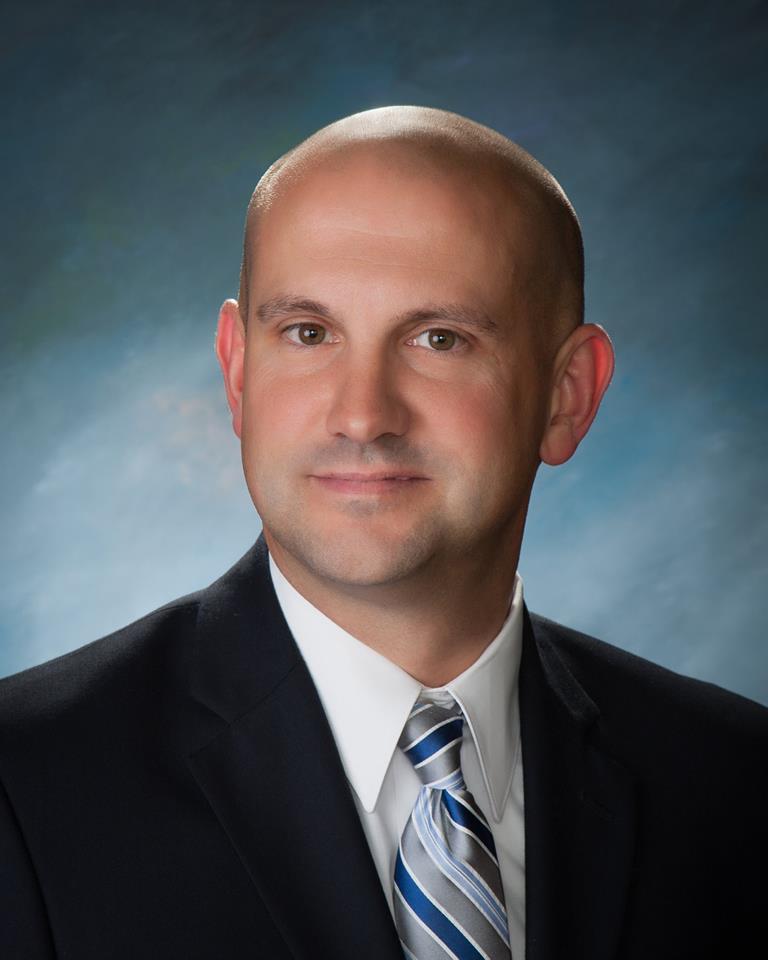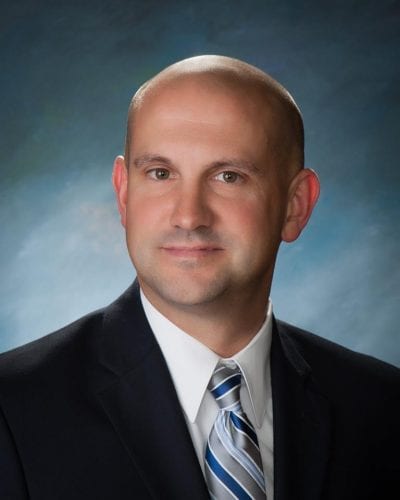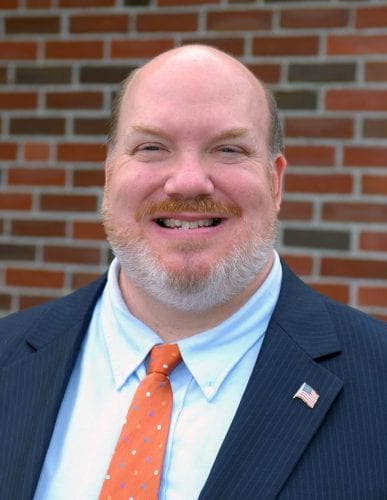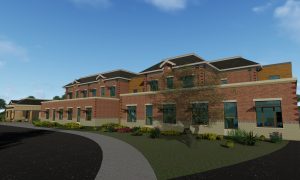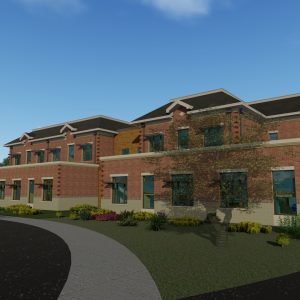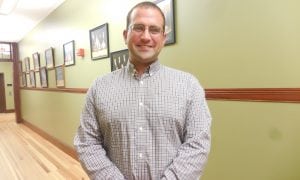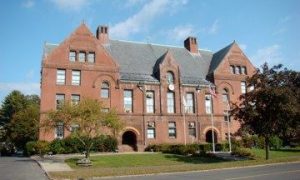WESTFIELD — Council President Brent B. Bean II said he moved the next City Council meeting from Nov. 18 to Nov. 23 at 7 p.m. to follow the tax shift public hearing at 6 p.m. that same night, in order to avoid scheduling two meetings in five days. The public hearing on the percentage of the local tax levy to be borne by residential and business properties requires a 14-day notice.
Bean said the council will vote on whether to change the tax shift at the meeting that follows that evening.
He said the budget the mayor proposed and the council approved in June contained a 2.5 percent increase, and now the city has to raise the funds to pay for it, which Bean called somewhat of a backwards system.
“Whatever increase that was, we now have to turn around and raise those funds through commercial and residential bills,” Bean said.
Westfield’s shift factor has remained at 1.66 since 2017, when the council voted a rate of 1.65, slightly favoring the commercial properties. The rate returned to 1.66 in 2018, where it has remained since.
At last year’s hearing in December, Michael Roundy of the Greater Westfield Chamber of Commerce Board of Directors made the argument that with the shift factor of 1.66, businesses have 29 percent of the tax burden, although business properties represented just 17 percent of all property values in Westfield at the time. He said each 0.01 increment of the tax shift factor costs the average business approximately another $135, while saving the average homeowner only $12.50.
However, during the special City Council meeting that immediately followed, city Assessor Robin Johnson spoke about the increase in residential property values, which were up 5 percent last year after a total revaluation of the city.
Bean said this year the mayor is proposing to keep the tax rate the same.
“That has nothing to do with how it affects people’s bills in the end,” he said.
Mayor Donald F. Humason said he has sent a letter to the City Council, recommending that it keep the tax shift the same, and take $2 million out of free cash — unspent money left over from previous years’ budgets — to offset the tax rate.
Humason said when he came into office, the tax rate was $19.25 per thousand dollars of assessed value for residential properties, and $37.11 for commercial.
“We used $1 million in free cash to reduce the tax rate to 18.88, and 36.55 for the commercial rate,” he said, adding, “Since we have the money, why don’t we use $2 million now to further reduce free cash. I think we can get it down to almost 18.20 per thousand, based on the valuations and the appraisals.”
Humason said the idea came from the finance team, including the assessor, auditor and treasurer and himself, in order to reduce the tax rate, because property tax valuations are still high.
“I believe it’s artificially high because of this red-hot real estate bubble we’re in. If we can further reduce the property tax rate, that will help the residents because their valuations are so high,” he said.
Humason said tax bills may still be rise in 2022, even if councilors reduce the rate, because the valuations are so high.
“People think there’s some conspiracy we play, but it’s the appraisers, not us. Any assessor from anywhere would look and say that today’s value is higher than it was last year. Westfield is not playing some game, it’s just the market we live in these days. Ask any realtor, and they’ll tell you,” he said.
“Let’s seek to further reduce the tax rate. It’s down from where it was when I came in. I’d love to go out with it even lower, if the council agrees. They can increase the tax rate, reduce the tax rate or leave it the same,” Humason said.
updated Nov. 17, 1 p.m.

